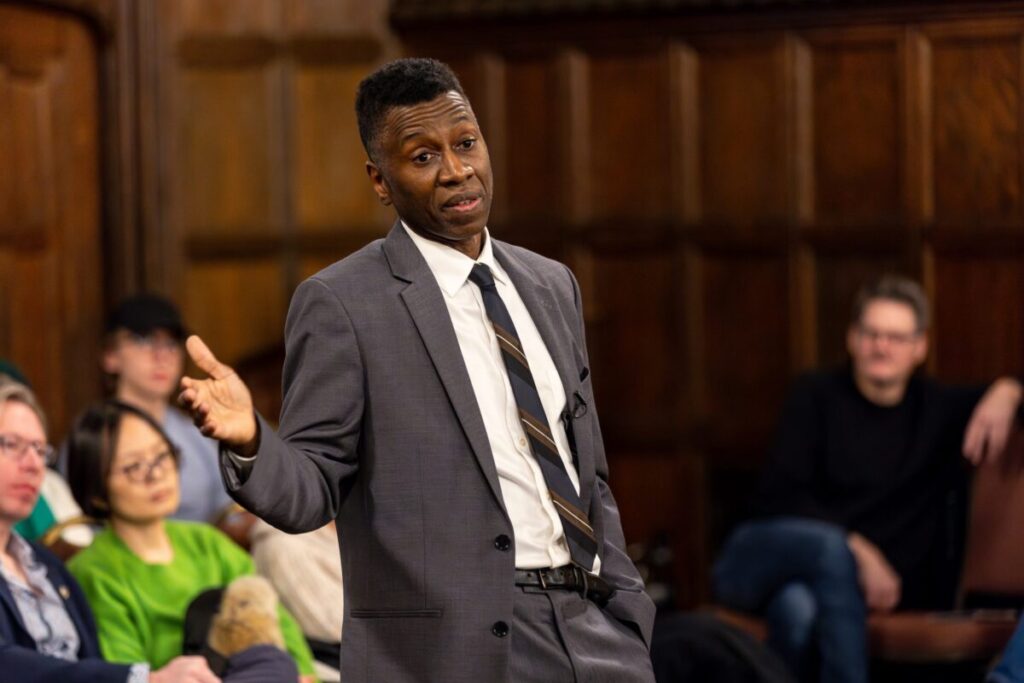
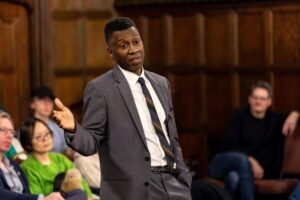 *** In “Debate: Baldwin vs. Buckley”, Timeline Theatre Company replicated the February 18, 1965 debate where civil rights leader and novelist James Baldwin sparred with conservative columnist William F. Buckley, Jr. at Cambridge University, in England. The event was framed by the rules of the Cambridge Union’s debating society, and the resolution centered on the question: “Has the American Dream been achieved at the expense of the American Negro?”
*** In “Debate: Baldwin vs. Buckley”, Timeline Theatre Company replicated the February 18, 1965 debate where civil rights leader and novelist James Baldwin sparred with conservative columnist William F. Buckley, Jr. at Cambridge University, in England. The event was framed by the rules of the Cambridge Union’s debating society, and the resolution centered on the question: “Has the American Dream been achieved at the expense of the American Negro?”
Adapted and directed by Christopher McElroen, the show struck a chord with me, considering that I was once involved in college debate. Just so we’re clear, debating society rules mandate four speakers: two in support of the motion and two against. In tonight’s performance, the debate started out with the first speaker (a/k/a the first affirmative) Mr. Jeremy Burford (Quintin Craig), followed by the first negative Mr. David Heycock (Alex Perez). (Next, the star debaters brought their case home. Here we saw Teagle F. Bougere as James Baldwin (second affirmative), followed by Eric T. Miller as William F. Buckley (second negative).
As for the content of the play: A verbatim script was used by all of the actors. Each of them spoke the exact words from the original Cambridge debate but did not try to become someone other than themselves; in other words, they did not inhabit the bodies of their characters. Bougere later explained that he could better internalize Baldwin’s remarks by making them his own, while Miller made it clear that he did not agree with what Buckley had to say. Please note that some terms for race were historical in nature and might be considered offensive today. Whether the actors agreed or disagreed with the words they spoke, all of them did a great job in bringing this historic event to life and pointing up the enduring history of racial division in the United States.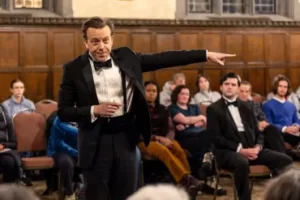
Baldwin’s arguments were mostly based on empiricism and personal experience. He explained that the average person (and particularly the average black person) has been subjugated to the will of a powerful political establishment, where the racial divide is relatively fixed and immutable. In contrast, Buckley’s arguments were largely being based on statistics and deductive reasoning and defending the status quo, largely dominated by the accomplishments of white men. Baldwin’s rhetoric was more from the heart than Buckley’s. He described his own issues with prejudice and discrimination and explained the subjugation of the minority community due to race. Buckley’s knowledge originated more from the reading of books which he cited during the course of the evening. But his references ironically did not make his case any stronger. Rather (as we learned later on), their use made some people in the audience feel as if he were involved in some kind of razzle-dazzle or deflection: that he was calling out these books and authors in an overly intellectualized way so as not to take responsibility for his own opinions. Perhaps the clearest indicator of the differences between the two men’s arguments can be expressed as follows: Baldwin stated, “It comes as a great shock…to discover that the flag to which you have pledged allegiance…has not pledged allegiance to you. It comes as a great shock to see Gary Cooper killing off the Indians, and although you are rooting for Gary Cooper, that the Indians are you.” In contrast, Buckley used the argument that a rising tide lifts all boats and that the black community needs to examine itself and note internal impediments to self-improvement. He claimed that the racial divide is more permeable than what Baldwin maintained and that the path to achievement is fair and that all people should be viewed as individuals as compared to thinking of them as members of any one racial or ethnic group.
The choice of DePaul University’s Cortelyou Commons as the venue for the debate was meant to match the original Cambridge Union as closely as possible. While the space is gorgeous and wholly appropriate for the subject matter, it was difficult to hear what the actors were saying all the time, especially when their backs were turned to the audience (in a theatre-in-the-round setting). The actors should have been wearing lavalier microphones in such a large room with tall ceilings (even though that’s not authentic to the original debate). Later on, two hand-held microphones were brought in when the audience was prompted to ask questions during the talkback, but even those were too soft. Moreover, while I enjoyed watching the black and white televised footage from the 1965 debate and having today’s actors stand up to play their parts, there was a problem with this too. Inasmuch as I enjoyed this clever device, something was lost when the film’s resolution was not very good. It made the play seem somewhat more ancient than it otherwise was. Improving the resolution and sound quality of the archival material would have been worth the cost, since it was being projected on such a large screen.
The question I had to ask myself was why was this historic clash between these two men being revived in 2025. When I read through the program, it was clear that McElroen, the director, felt that certain conservative arguments justifying racism and racial tropes have persisted over the past sixty years, ever since the original event took place. He also wrote how Buckley once published an article in “The National Review” entitled “Why the South Must Prevail”, which described not only Buckley’s fight against the Civil Rights Movement but also how he sought to “galvanize a new conservative movement in the United States.” Because making the connection between Buckley’s rather smooth-talking conservatism and today’s highly prejudicial and discriminatory public discourse might not be so evident, I can only speculate that the reason why a talkback was included as part of the show was to help the audience come to its own conclusions about the “deep roots and lasting legacy of racial conflict that continue to haunt America.”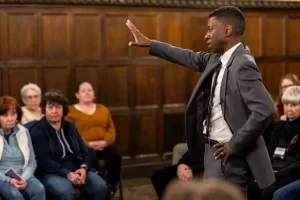
That being said, I didn’t find the discussion helpful, at least not on the night I attended the performance. I basically observed the actors answer questions about material which they didn’t choose, write, or edit. After several comments and questions, one audience member took issue with what she perceived as the audience’s biases in its remarks. She said that she didn’t like the discussion segment, because of people’s unwillingness to examine both sets of arguments. My concern, however, was very different: In terms of substance, the discussion didn’t add anything more than what we might have taken away from watching the debate itself. The talkback would have made more sense had the director been present and we had been given the opportunity to ask him why the show was put together the way it was. I would have welcomed further insights into his perspective on the debate and why he felt the need for the discussion afterwards.
Note that a good debater must be able to combine of some amount of acting plus good research on the subject matter at hand, considering that they are asked to support or defend a position which they don’t necessarily believe in. They need to study their audience and be facile enough with the facts and the evidence to shift their arguments while mastering the uses of rhetoric and rhetorical style, all of which are conducive to swaying others towards their point of view. In this instance, after the original 1965 debate ended, the members of the Cambridge Union voted immediately afterwards to determine whether Baldwin’s or Buckley’s arguments had won the day—with Baldwin winning the vast majority.
“Debate: Baldwin vs. Buckley” runs through March 2, 2025, and takes place at John R. Cortelyou Commons, on the campus of DePaul University, 2324 N. Fremont Street, in Chicago.
General admission tickets are $62 (evening performances) and $75 (matinee performances).
Student discount is 35% off regular price with valid ID.
Tickets are $25 for U.S. military personnel, veterans, first responders, and their spouses and family.
Discounted rates for groups of 10 or more are available. Visit https://timelinetheatre.com/discounts.
Performance schedule:
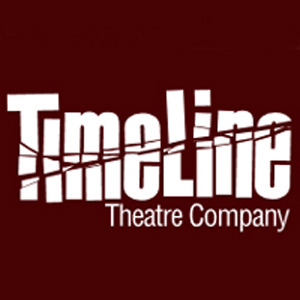 Wednesdays, Thursdays, and Fridays – 7:30 p.m.
Wednesdays, Thursdays, and Fridays – 7:30 p.m.
Saturdays -4:00 p.m. and 8:00 p.m.
Sundays – 2:00 p.m.
Added performance on Tuesday, February 18th at 7:30 p.m.
No show on Wednesday, February 19th.
Accessible Performances:
Open-captioned: Friday, February 21st at 7:30 p.m. and Saturday, February 22nd at 4:00 p.m.
(Captioning is provided by c2 Inc.)
Audio-described (via individual headset): Saturday, March 1st at 4:00 p.m.
For further information and to purchase tickets, go to https://timelinetheatre.com/ or call the TimeLine Box Office at 773-281-8463 x6.
To see what others are saying, visit www.theatreinchicago.com, go to Review Round-Up and click at “Debate: Baldwin vs. Buckley”.


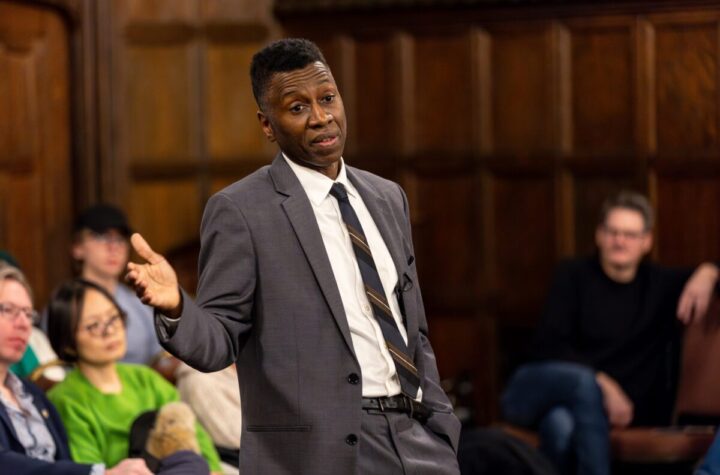
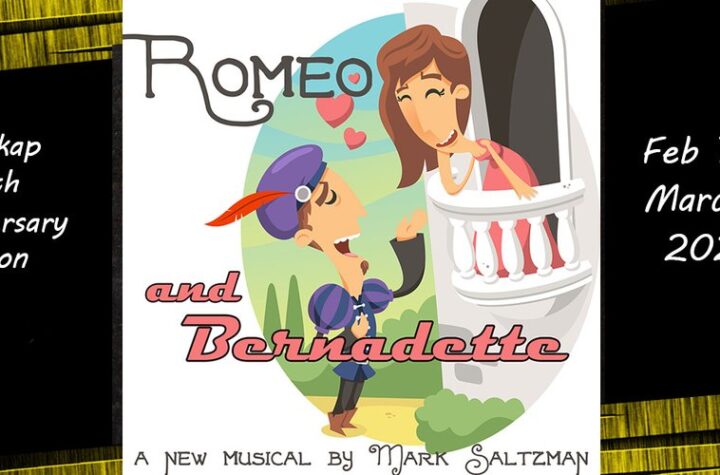
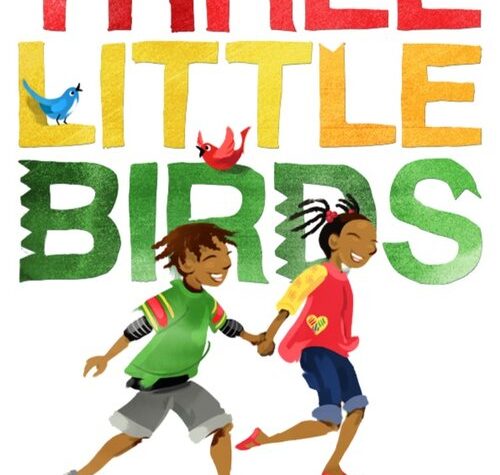

More Stories
“Romeo and Bernadette” reviewed by Frank Meccia
“Bob Marley’s Three Little Birds”
“Fool For Love”